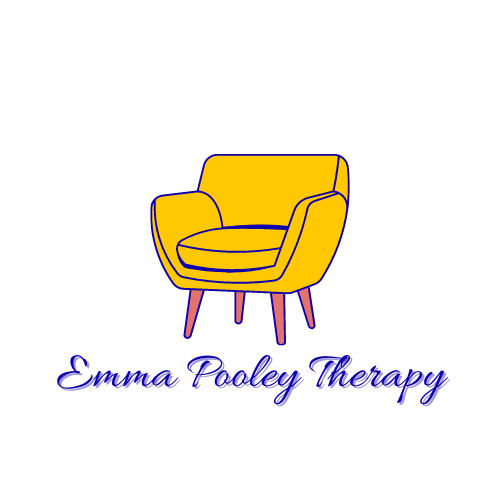Sleep & Mental Health, Part 1: States & Cycles
Have you noticed how different you feel when you’ve had a “good” night’s sleep compared to a “bad” one? Chances are, you probably have; I know I have! When I’ve slept well, I wake up feeling refreshed and motivated, and ready to start the day. If I haven’t slept well, I often wake up feeling exhausted and overwhelmed, and would rather stay in bed than get up and do anything.
Research is beginning to confirm that our brains and bodies are indeed intrinsically linked, and sleep is often a key “bridge” between them. Our mental health is impacted by sleep, particularly our capacity to process our emotions, so it’s important that we get enough good-quality sleep regularly.
In this post, which is the first of a 3-part mini-series, I’ll talk about the key states that form part of our sleep cycles, and the role that each of them plays in maintaining our mental health.
Sleep states & cycles
We go through lots of sleep cycles every night, and although each stage within the cycle is serving a slightly different purpose, they’re all important.
Light sleep
The first part of the sleep cycle is referred to as ‘light sleep’, and consists of 2 key stages. Stage one is the process of actually falling asleep, and this makes up just 3% of a full sleep cycle. During this stage, your breathing and heart rate will begin to slow down, and your muscles will start to relax.
Although you’ll have fallen asleep by this point, stage 2 is when lots of electrical activity goes on in your body. Your brain uses this energy to process messages and transfer key details from your short-term memory into your long-term memory. Sleep scientists believe that this is why it’s easier to recall information you’ve been learning after you’ve slept.
REM sleep
Rapid Eye Movement (REM) sleep is the stage in the sleep cycle when your brain is doing most of the psychological and emotional processing, particularly around your thoughts, feelings and events from the day. It’s when most dreaming occurs, and the “emotional” brain (limbic system) is in charge, so your Neo-cortex, which deals with logic, sequencing and memory is almost completely offline. This is why your dreams may often seem confusing and illogical.
When you’re in REM sleep, your body releases two chemicals that effectively paralyse you while it’s occurring. This is to stop you from physically acting out your dreams, and reduces the chances of you accidentally punching your partner instead of the alien you’re fighting!
Deep sleep
During the deep sleep stage, most of the physical processing is taking place. Your body works on repairing and rebuilding cells, and will start healing anything that needs it to do so. If you don’t get enough deep sleep, you’ll wake up feeling groggy and tired instead of refreshed and motivated. This is because although you may have been asleep for a long time, you haven’t been in the deep sleep part of the cycle for long enough to enable your body to rest and repair properly.
It may surprise you to learn that I will often ask my clients about their sleep patterns, sleep history, and dreams they have / have had. This is because having an understanding of what sleep is like for them gives me useful insights into their childhoods, their relationships with others, and their emotional health.
In the next post in this mini-series on sleep, I will explain how I formulate a client’s sleep history, and in the third and final part of this series, I’ll explain how I approach working with dreams. Keep an eye on my Facebook and Instagram pages @emmapooleytherapy, and here on the blog, for updates about when they’re live.
As ever, if you’re struggling and think I might be the therapist for you, feel free to get in touch with me and let’s see if we can work together. You can contact me using the form below, via email to emma@emmapooleytherapy.com, or connect with me on Facebook and Instagram @emmapooleytherapy.
